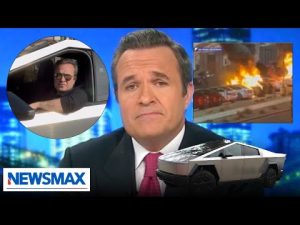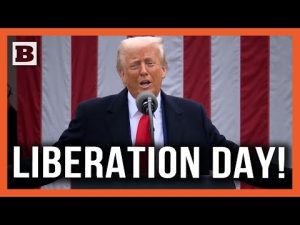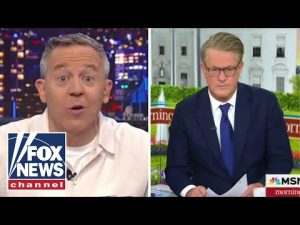The assassination of President John F. Kennedy remains one of history’s most debated events, with declassified documents fueling skepticism toward the lone gunman theory. Over 65% of Americans believe his death involved a conspiracy, and newly released files have amplified questions about potential cover-ups and undisclosed actors.
### Key Findings from JFK Files
1. : The 1979 House Select Committee on Assassinations concluded there was “probably” a conspiracy involving a second shooter. Acoustic evidence initially suggested shots from the grassy knoll, though later studies disputed this.
2. : Declassified documents confirm the CIA plotted to assassinate Fidel Castro, and Oswald had contact with Cuban/Soviet officials in Mexico City. While the CIA denied involvement, critics argue rogue agents or anti-Kennedy factions within the agency could have orchestrated the killing. Robert F. Kennedy Jr. claimed his uncle’s reluctance to escalate in Vietnam angered military-industrial elites.
3. : Aggressive prosecutions of organized crime by Attorney General Robert Kennedy led to theories that mobsters retaliated by targeting JFK. Jack Ruby, who killed Oswald, had mafia ties, and some FBI files suggest collaboration between anti-Castro militants and mob figures.
### Popular Theories Highlighted
– : Witnesses reported shots from the grassy knoll, though forensic reviews remain inconclusive. The House Committee’s findings keep this theory alive.
– : Pro/anti-Castro groups, angered by Kennedy’s wavering support during the Bay of Pigs invasion, are suspected of retaliation.
– : Allegations tie Lyndon B. Johnson to a coup plot, citing his sudden presidency and alleged corruption scandals.
– : A fringe theory, promoted by Donald Trump in 2016, absurdly linked Oswald to Rafael Cruz via a tabloid photo.
### Lingering Questions
The 2023 release of files revealed Secret Service agent Paul Landis’s claim that the “magic bullet” evidence was mishandled, reigniting debates about ballistic inconsistencies. While no smoking gun emerged, the CIA’s history of covert ops—and its refusal to fully declassify records—leaves room for doubt.
Public skepticism persists, reflecting distrust in institutions and the enduring allure of unsolved mysteries. As one researcher noted, the CIA’s culture of secrecy makes definitive answers unlikely. For now, the JFK assassination remains a Rorschach test of American history—shaped by politics, paranoia, and the fragments of truth still hidden in classified files.







